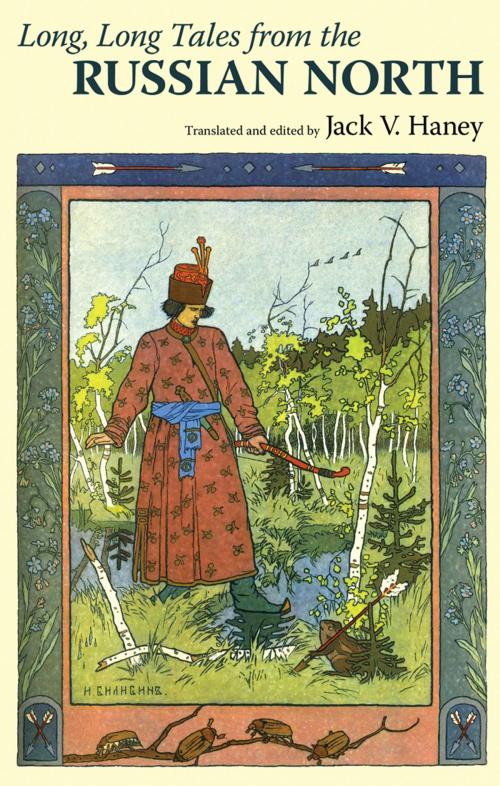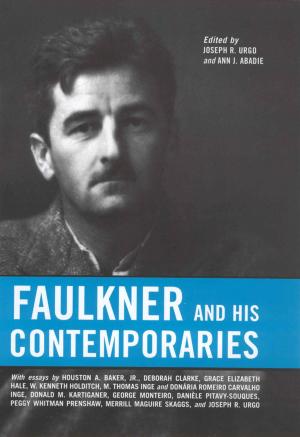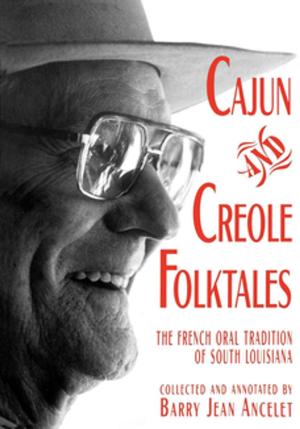Long, Long Tales from the Russian North
Nonfiction, Social & Cultural Studies, Social Science, Folklore & Mythology, Fiction & Literature, Literary Theory & Criticism| Author: | ISBN: | 9781617037313 | |
| Publisher: | University Press of Mississippi | Publication: | March 26, 2013 |
| Imprint: | University Press of Mississippi | Language: | English |
| Author: | |
| ISBN: | 9781617037313 |
| Publisher: | University Press of Mississippi |
| Publication: | March 26, 2013 |
| Imprint: | University Press of Mississippi |
| Language: | English |
This volume of folktales from the Far North of European Russia features seventeen works by five narrators of the Russian tale, all recorded in the twentieth century. The tales, distinguished by their extraordinary length and by the manner in which they were commonly told, appear to have flourished only in the twentieth century and only in Russian Karelia.
Although the tales are easily recognized as wondertales, or fairy tales, their treatment of the traditional matter is anything but usual. In these tales one encounters such topics as regicide, matricide, patricide, fratricide, premarital relations between the sexes and more, all related in the typical manner of the Russian folktale. The narrators were not educated beyond a rudimentary level. All were middle-aged or older, and all were men. Crew members of a fishing or hunting vessel plying the White Sea or lumberjacks or trappers in the vast northern forests, they frequently began the narration of a tale in an evening, then broke off at an appropriate moment and continued at a subsequent gathering. Such tales were thus told serially. Given their length, their thematic and narrative complexity, and their stylistic proficiency, one might even refer to them as orally delivered Russian short stories or novellasThis volume of folktales from the Far North of European Russia features seventeen works by five narrators of the Russian tale, all recorded in the twentieth century. The tales, distinguished by their extraordinary length and by the manner in which they were commonly told, appear to have flourished only in the twentieth century and only in Russian Karelia.
Although the tales are easily recognized as wondertales, or fairy tales, their treatment of the traditional matter is anything but usual. In these tales one encounters such topics as regicide, matricide, patricide, fratricide, premarital relations between the sexes and more, all related in the typical manner of the Russian folktale. The narrators were not educated beyond a rudimentary level. All were middle-aged or older, and all were men. Crew members of a fishing or hunting vessel plying the White Sea or lumberjacks or trappers in the vast northern forests, they frequently began the narration of a tale in an evening, then broke off at an appropriate moment and continued at a subsequent gathering. Such tales were thus told serially. Given their length, their thematic and narrative complexity, and their stylistic proficiency, one might even refer to them as orally delivered Russian short stories or novellas














